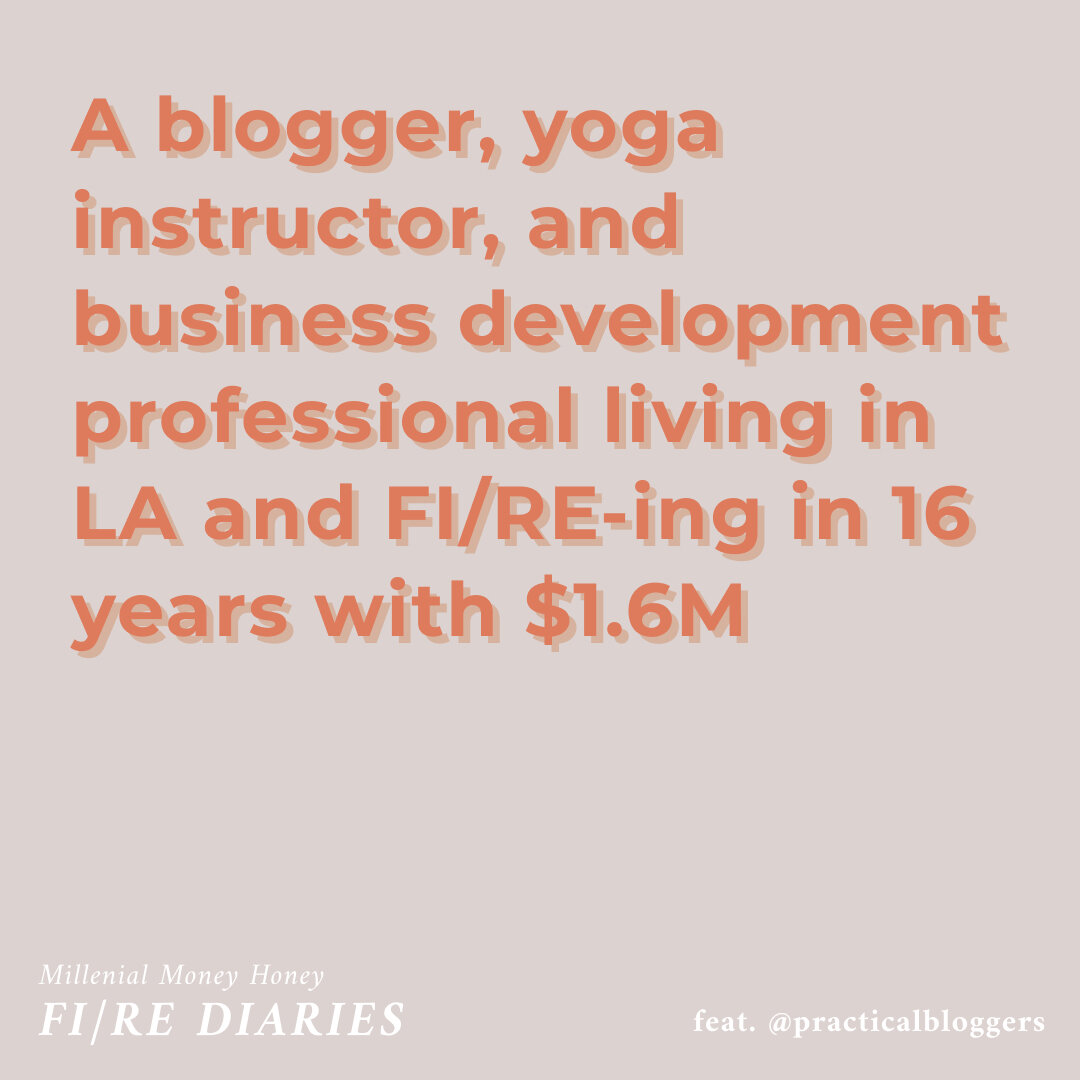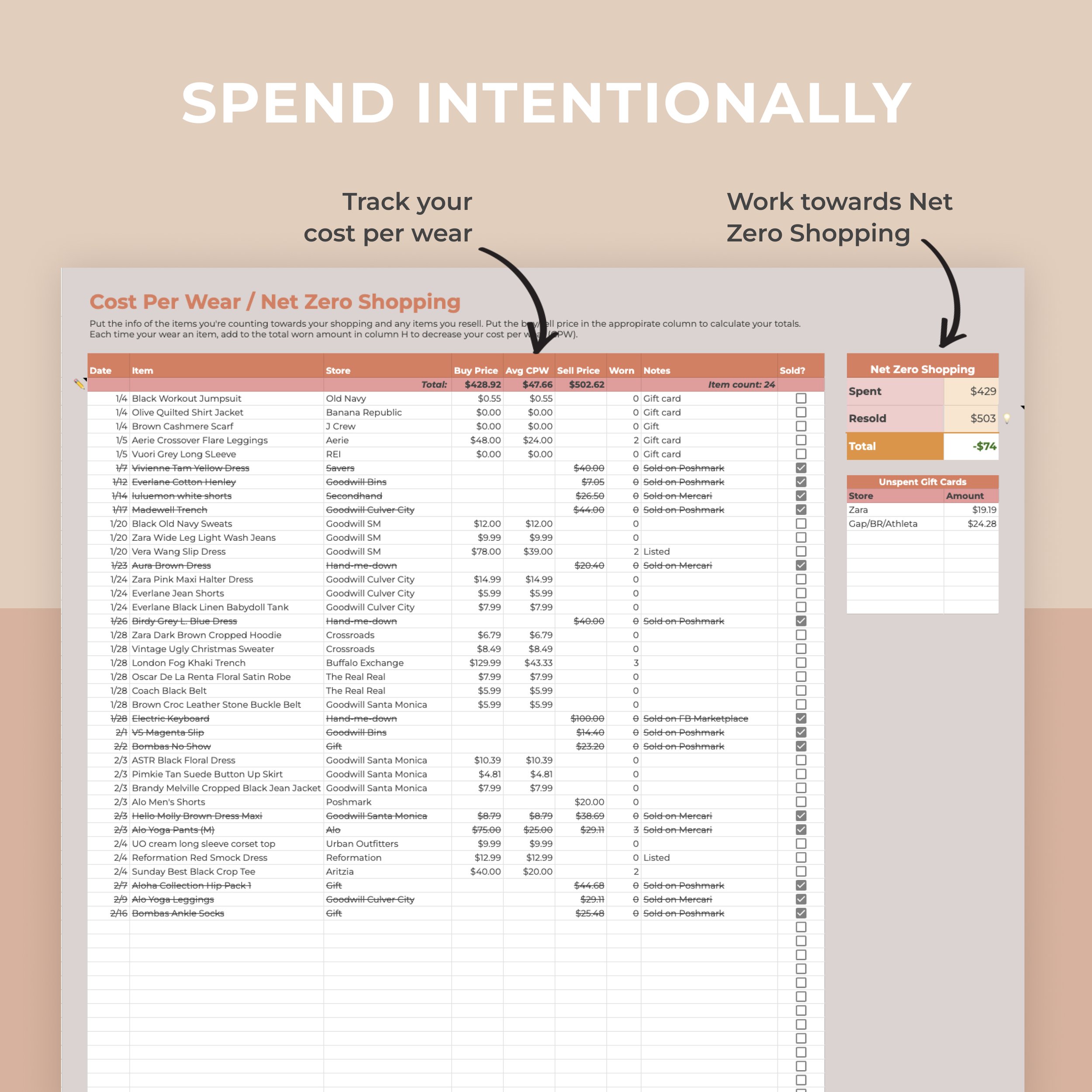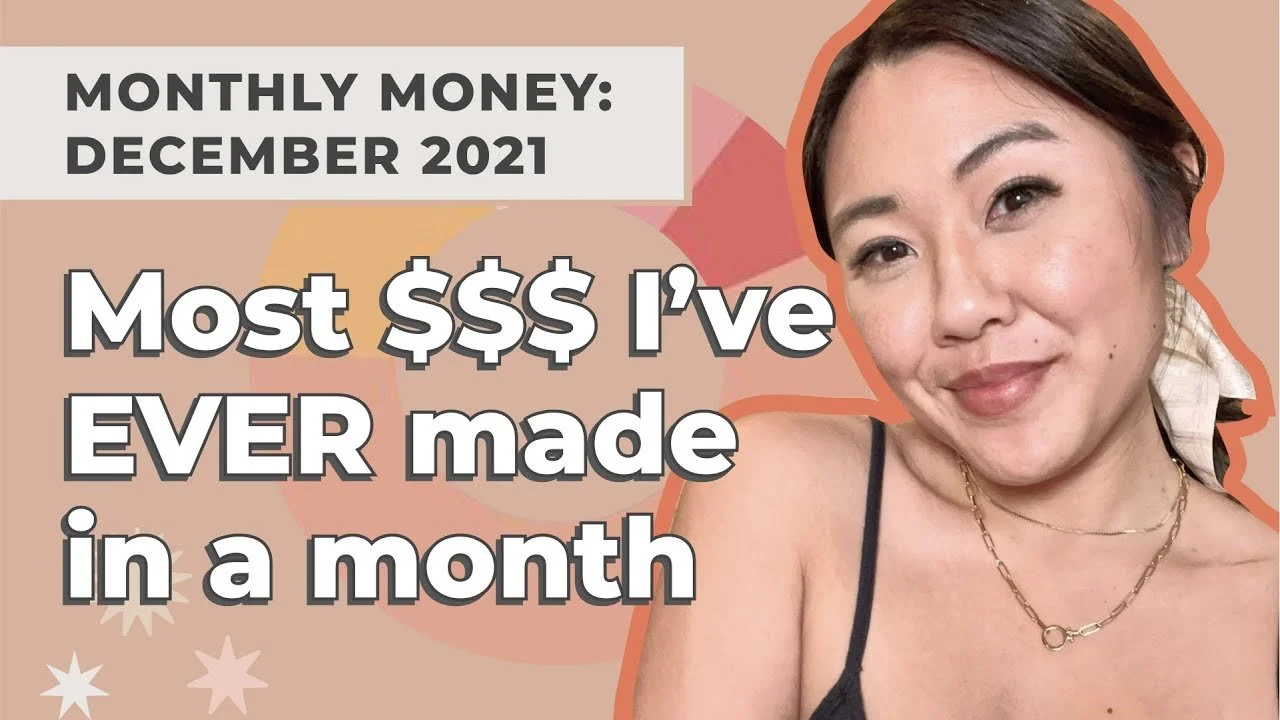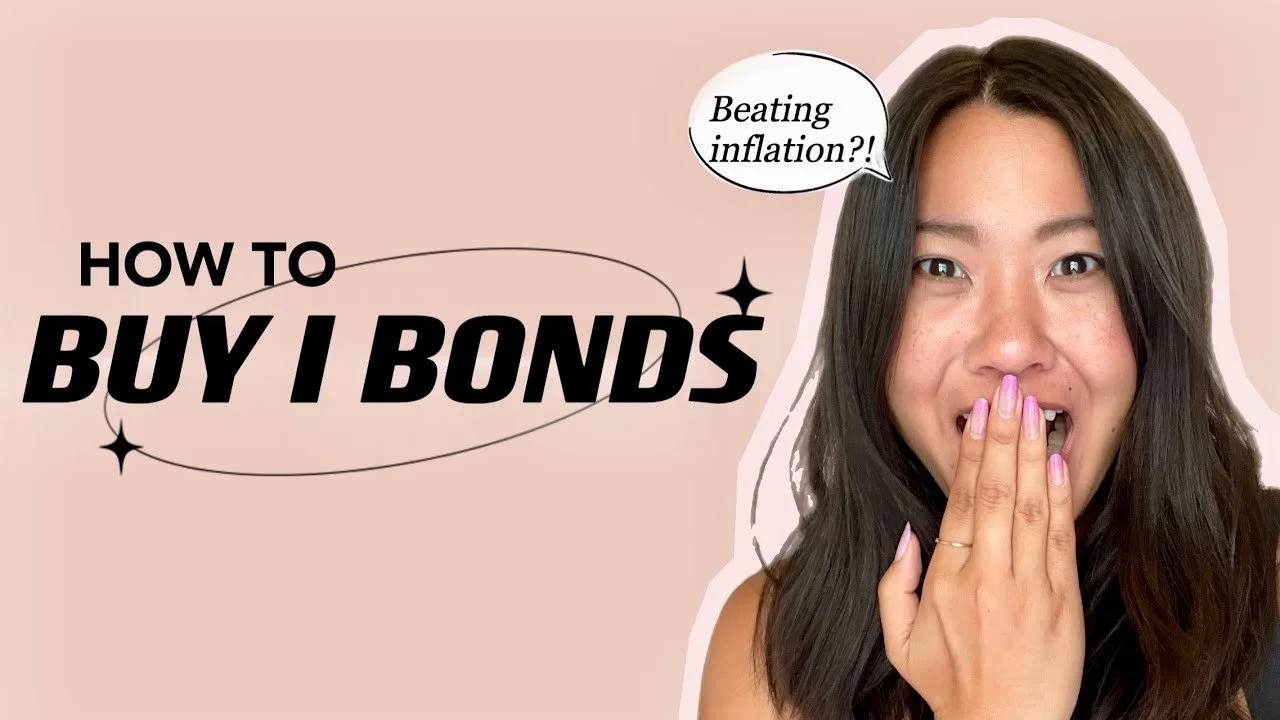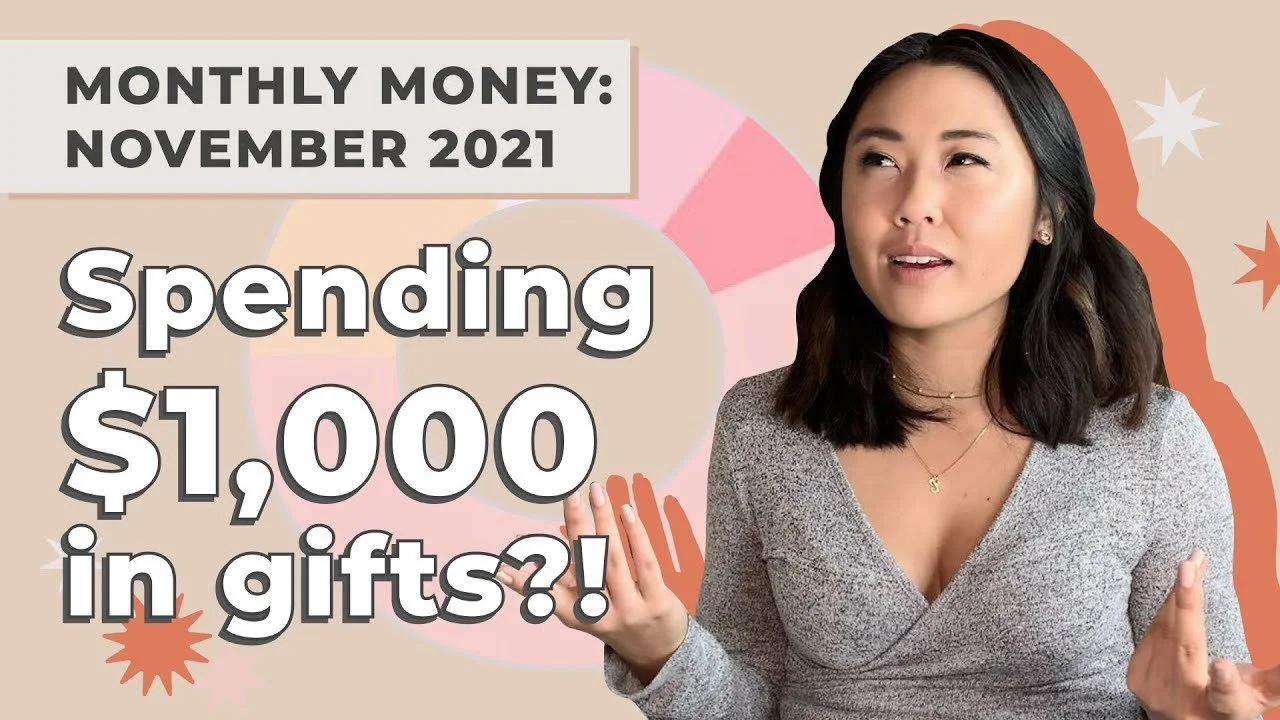A 31 year-old (former) small business marketer living in Florida and currently on FI/RE
/Occupation: I graduated with my BS in journalism back in 2012, but I quickly pivoted to marketing shortly thereafter. Because I worked mostly for small businesses throughout my career, I had to wear a lot of hats — designer, photographer, social media manager, communications specialist, networker, etc.
Industry: Marketing
Location: Florida
Age: 31
Salary: I'm currently retired, although I do a few freelance projects I enjoy. My peak salary was probably close to $80,000 though.
Ethnicity: White
Education: Bachelors
Current financial situation: I worked toward FIRE with my husband. I left full-time work at the end of 2019, and he stepped away from full-time work at the end of 2020.
What was your first job? Why did you get it? How much did you get paid?
My first job in high school was at Sears Portrait Studio. I think I started at $6.67 an hour, and I was able to increase that to $7.50 an hour before leaving there to become a waitress, which paid way more. I waited tables through college making over $20 an hour including tips and transitioned into freelance journalism halfway through my education. The hourly pay on that was lower, but I knew I needed to make $300 a week to pay my bills, and my boss helped make sure I had enough gigs to meet that requirement. My first full-time job out of college paid $18 an hour, and then I moved into a salaried position making about $37,000 per year soon after. These all kind of fit the bill as "first jobs" to me.
Growing up how did you learn about personal finance? Was money talked about openly? How did it make you feel?
My family did not hide the fact that money was tight. I knew going to college was going to be a solo venture. My original goal as a young adult was just to be financially solvent enough that I didn't have to worry about the price of a new tube of lipstick at the drugstore.
What was the moment or event that made you realize you needed to start getting your money together?
There was no one specific moment. I've always been frugal, which probably has a lot to do with my upbringing. I would say once I had more income at my first full-time job, and my then-boyfriend (now husband) started working full-time too, we had a surplus we felt we needed to put to use. So we learned as much as we could about personal finance, came across the idea of FIRE, and put most of our excess money into stock market index funds soon after.
Let’s Talk Money
Net Worth: My combined net worth with my husband is more than 25 times our annual expenses, but we haven't disclosed a number publicly yet.
Debt: I've never had debt of any kind, beyond credit cards which are paid in full monthly. My husband has also never had any debt.
Monthly Expenses: Health insurance, condo association dues, food, transportation, and utilities are our biggest bills. Everything else combined is pretty insignificant in comparison. We don't pay for any kind of television or streaming services, and most of our entertainment comes from free outdoor activities and hanging out with friends.
Savings Rate: When working full-time, our savings rate floated between 60-85%.
Investing strategy: Total stock and bond market index funds have always been our go-to investments, but we do own a single rental unit now (it's the condo we used to live in ourselves).
Your FI/RE Story
FI/RE number: We could do a lean FIRE on less than $500k invested, or a fatter FIRE on more like $750-800k. Truthfully, we don't pay much attention to these numbers any more because we still have a tiny amount of freelance work that pays more than all of our bills.
FI/RE type: We already made it to FIRE, but we still do a few hours a week of freelance work that we enjoy, which in turn allows us to cashflow our life without drawing down our portfolio at all.
Years until FI/RE: We're FI now, but we have a few freelance gigs we've continued to spend a few hours on each week because we like them. Plus, that little freelance work actually covers more than all of our expenses, allowing us to let our investments continue to grow untouched.
FI/RE location: My husband and I were both born and raised in Florida (we're high school sweethearts), and we currently own two condos in the state (one in our college town and one on the beach).
How did you first hear about FI/RE?
When first learning about investing, the 4% rule made sense, but it wasn't until I saw a news article about Mr. Money Mustache that everything really clicked. He was a few years ahead of us, and he made a lot more money than we did at the time. But his story kinda proved the concept for us. I sent my husband that news article from my work email with something like, "This sounds like what we've been talking about." The rest is history.
Why do you want to reach Financial Independence/Retire Early? What keeps you motivated on this long journey?
As I said, my first financial goal was not having to worry about small "just because" purchases, like a new lipstick. Growing up, those kinds of things were a big deal. But I didn't realize just how low that bar was, honestly. Learning about investing and compound interest gave saving money more meaning, and it changed my outlook on personal finance. We started tracking our net worth almost immediately after discovering FIRE, and seeing that number increase each month was motivation enough. I went from wanting the freedom from worrying about money to wanting to be free to do whatever I wanted in life. That was powerful.
In what ways have you cut back your spending? In what ways have you started mindfully spending more?
I've always been frugal, and it has a lot to do with growing up on less. It hasn't been difficult for me to keep our expenses low, and that's where a lot of our saving power came from. More recently, we moved to the beach, which was an unnecessary but worthwhile additional expense.
What do friends and family have to say when you tell them your plan to achieve FI/RE? Are they supportive?
I don't think most people understood what we were doing or believed it would work during the 8 years we were working toward FIRE. That's not to say anyone was UNSUPPORTIVE, but it was just a totally new concept that was hard for others to fully grasp. I will say that the tone definitely shifted once we quit our jobs and start living each day for ourselves. It's led to a lot more honest money conversations and helping friends and family chase down their own goals more efficiently. That's also why we started our blog.
Are you doing anything to achieve FI/RE faster?
At one point, I think I was working three different gigs: my full-time job, waitressing on the weekends, and doing some freelance social media work. We also have run a photography business as a side hustle throughout college and even now, but most of our business is just word of mouth. Any time we were working full-time, we were also doing photography occasionally on the weekends and flipping random finds (like electronics or furniture) to increase our income and therefore what we were able to save that month.
What does retiring early (or financial independence) mean to you? What will you do once you FI/RE?
Reaching financial independence allows us to travel more (although not as much since COVID hit), and that was one thing we were really looking forward to. We started our blog during our last big road trip, visiting every National Park in the US during 2019, and we've been pouring a lot of time and love into that during the last year and a half. Our goal is to help educate younger folks, who have the most to gain from learning about FIRE so early, because we saw what a difference that made in our own lives. We did move to the beach last year so we could feel like we're somewhere exotic without traveling. Now, our daily walks are much more picaresque, and we have lots of fun, free, outdoor activities to enjoy.
FI/RE Advice
Any advice you'd give to someone who wants to pursue FI/RE, especially if it seemed hard or unattainable?
Recognize that the biggest wins are going to come from cuts to the biggest spending categories, things like housing and transportation, and less so from the occasional latte (which might be worth cutting, but it's less impactful). Also, realize that you can be really dedicated about cutting all excess spending for just a couple years to stack up cash super fast, and then let off the gas a little if you feel like you need to. The choices you make don't have to be permanent. Life is fluid.
What is the biggest thing you learned about money on this journey?
All money is money. The imaginary savings "buckets" -- for vacation money, fun money, gift-giving money, retirement money, etc. -- are just that, imaginary. That's what I like about tracking net worth, all assets minus all liabilities. Your net worth is a holistic view of ALL your money, and knowing that number is empowering. You may find that you're more financially solvent than you thought, which could help you leave a toxic workplace or launch a side hustle sooner.
Have you made any money mistakes or learned any lessons on the way that you wish you knew before?
The first step we took into investing was to visit a financial advisor at our local bank. He was super helpful and friendly, but he also sold us into an actively managed bond fund with a ridiculous load fee because it got him a big commission. We were like 22 and didn't know how terrible that advice was until we read about index funds. Big "d'oh" moment. That's not to say that every financial advisor is going to give you bad advice, but you should always do your own research too.
What are your favorite FI/RE resources that you'd recommend to someone just getting started?
JL Collins' The Simple Path to Wealth is an amazing book, and all the content is also on his site for free, which is great for beginners.
Shameless plug: Our Financial Roadmap is just six steps to FIRE, which can be done in as little as 10 years (we did it in 8), and focuses on finding ways to enjoy the journey. We actually include taking travel sabbaticals in our roadmap because going hard toward FIRE can often lead to burnout, and sabbaticals are a way to reset, clear your mind, and demonstrate what early retirement can look like for you. All of our resources are free.
Disclosure: Some links are affiliate links, meaning, at no additional cost to you, I may earn some compensation. All opinions are 100% my own! I truly appreciate you and your support. :)





